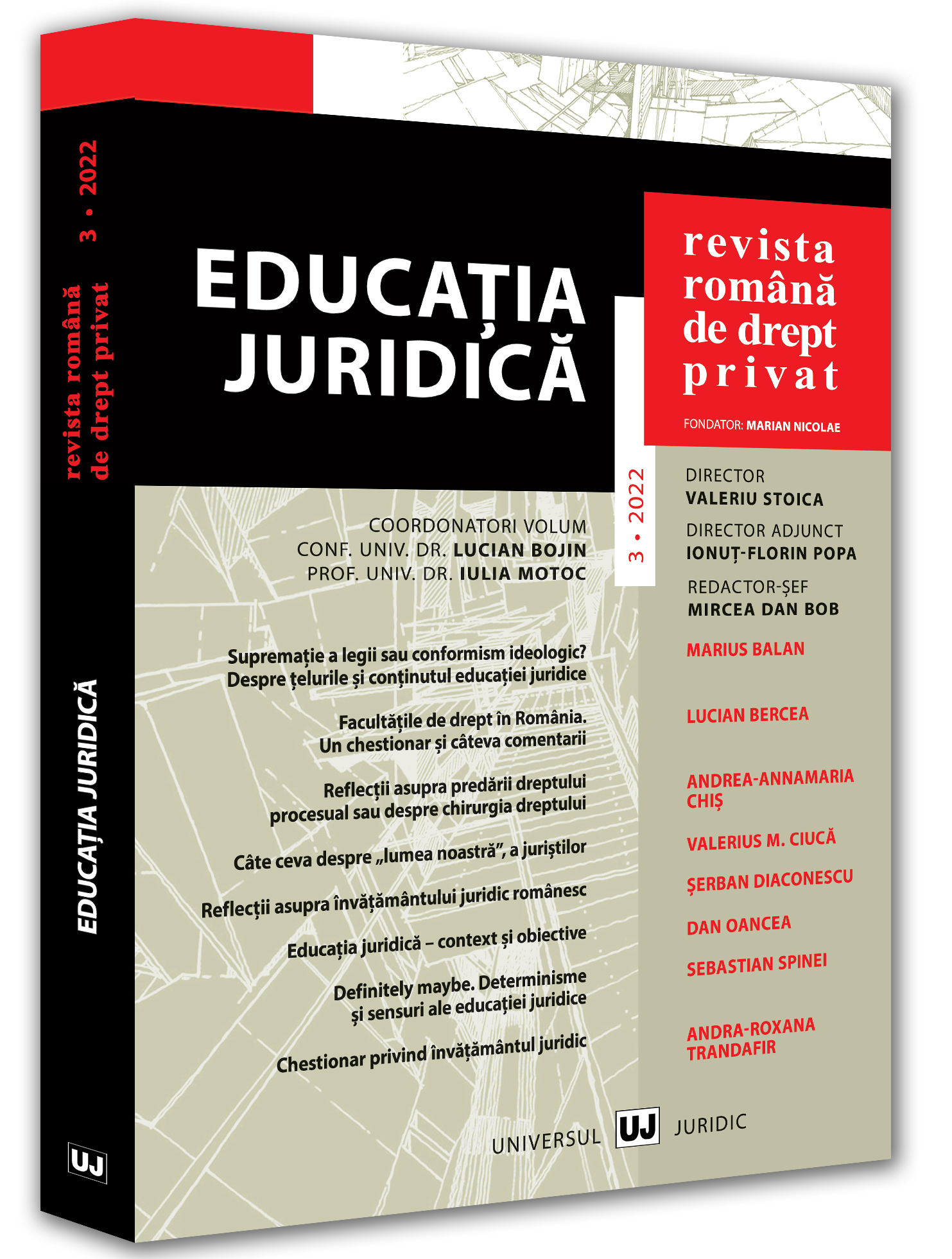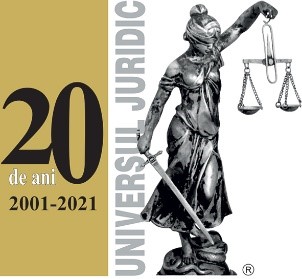HOW DOES THE OBSOLESCENCE OPERATE WITHIN THE APPEAL PERIOD AGAINST THE DISMISSAL OF THE APPLICATION TO REOPEN THE CASE?
aalecu[at]stoica-asociatii.ro, valeriu.stoica[at]drept.unibuc.ro
Abstract
Both the application to reopen the case and the appeal against the decision rejecting the application to reopen the case are acts which may have an interrupting effect on the obsolescence term, but only if they comply with the conditions laid down by law: (i) they must be validly formulated, (ii) they must be formulated before the expiry of the obsolescence term, (iii) they must have the manifest purpose of continuing the proceedings, (iv) they must be accompanied by proof of compliance with the procedural obligations whose non compliance initially led to the stay of proceedings, (v) they must be formulated by the party justifying an interest in continuing the proceedings.
Where the proceedings have been suspended pursuant to Article 242 (1) of the Civil Procedure Code, the time limit for appeal provided for in Art. 414 para. (2) of the Civil Procedure Code cannot have a suspensive effect on the obsolescence term, since the two time limits run concurrently. An interpretation to the contrary would be tantamount to a sine die postponement of the occurrence of the obsolescence for the duration of the plaintiff's passivity, even though the reason for the obsolescence is precisely to penalise that passivity.
Therefore, the sanction of obsolescence cannot be precluded by the plaintiff's appeal against the order dismissing the application to reopen the case, brought after the expiry of the obsolescence term, even if the court had not established that that term had expired by that time.
Published
Versions
- 2023-04-11 (2)
- 2023-01-31 (1)









